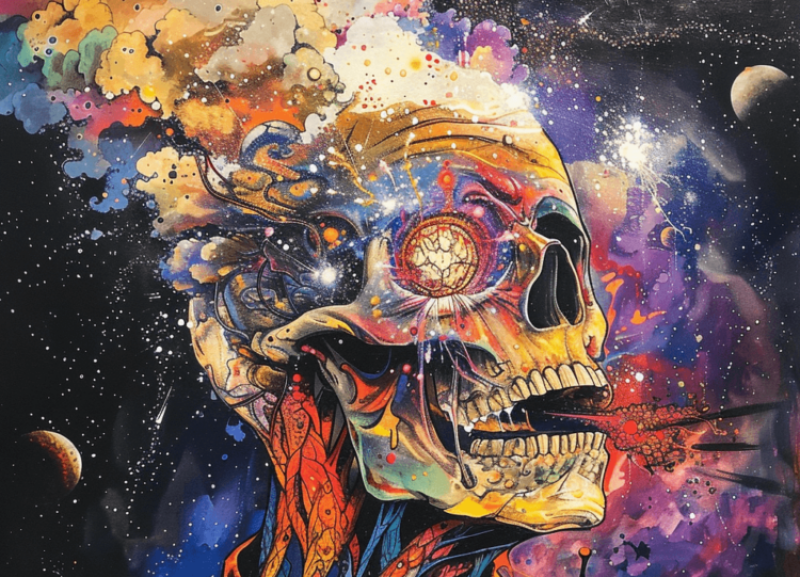A commonly recounted experience with psychedelics is that it dissolves one’s ego, blurring the boundaries between ourselves and others. As the ego dissolves, we profoundly understand that we are all connected, all the same, all one.
…
But how does psychedelic ego death lead to ego inflation? Why are some people going through these experiences and coming back not with humility but with a heightened sense of righteous purpose?
Indeed, our ego springs back following a psychedelic experience — often in a different form, whether positive or negative. And according to [University of Western Australia philosopher Chris] Letheby the big factors that determine how one’s sense of self is reconstituted following a trip are set and setting: What happened to you during the trip? What community of people are around you?
…
When talking about the way the über-rich take psychedelics and come back with a heightened elitism, [psychedelic counterculture expert Douglas] Rushkoff is very clear. These people are not neurotypical. Their brains are wired differently, he says. If your view on reality is one of a systems theorist, then your psychedelic experience will simply amplify that perspective. Combine the idea that reality is something to be “fixed” with a sense of embedded power — suggesting you are the one to fix it — and you’re getting close to a perfect recipe for entering the echelons of the hallucinogenic elite.































